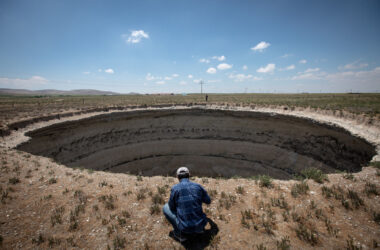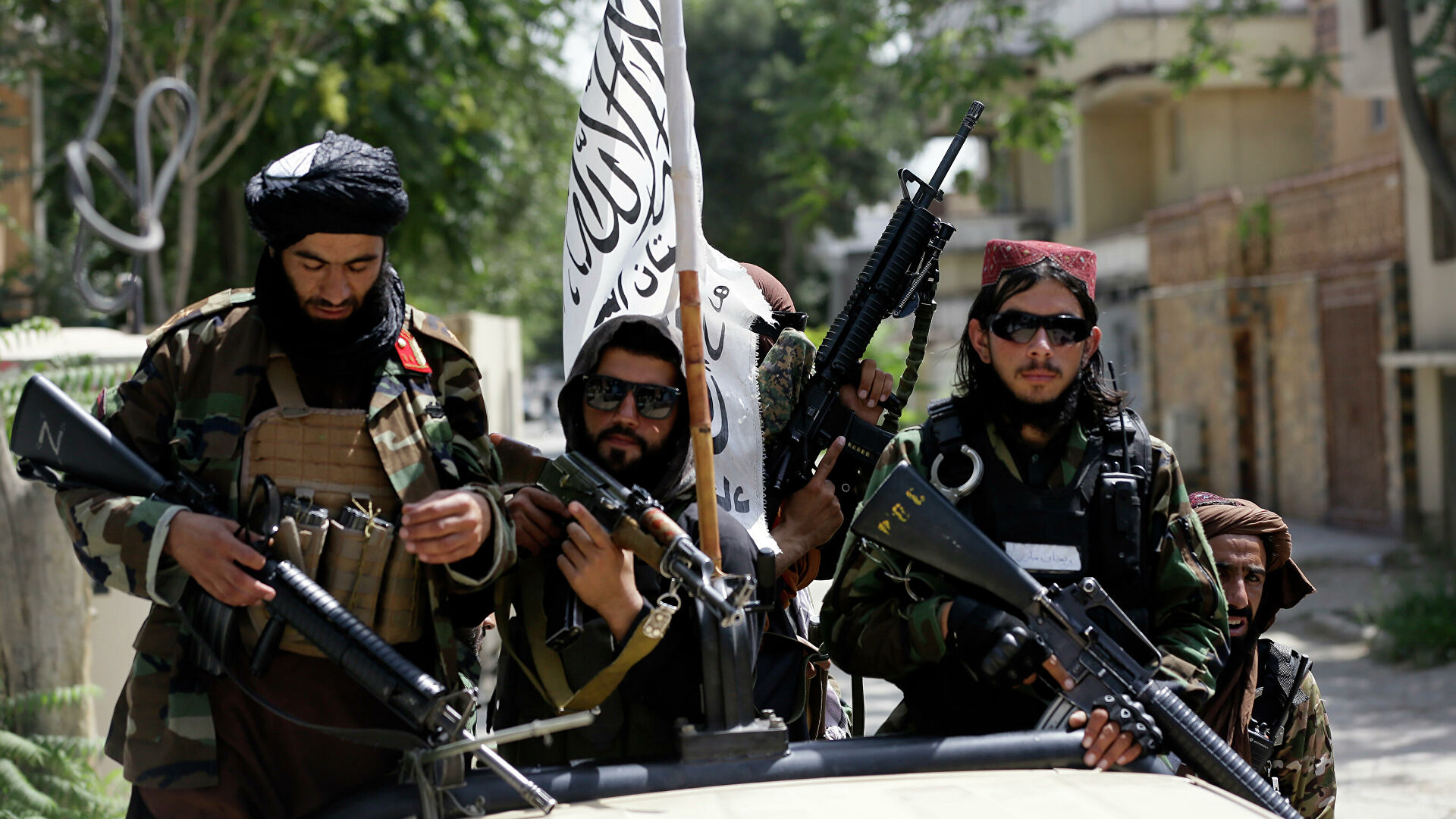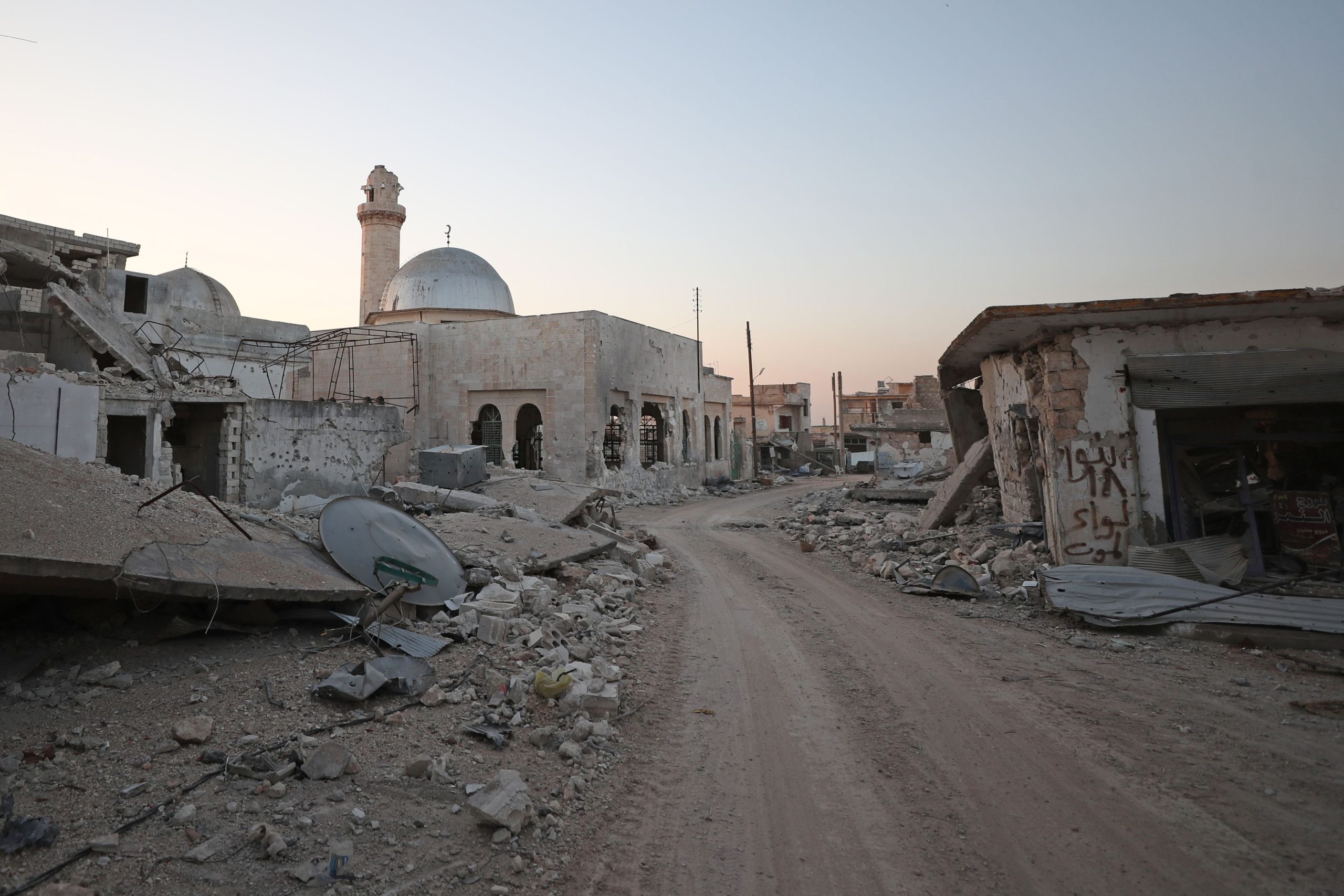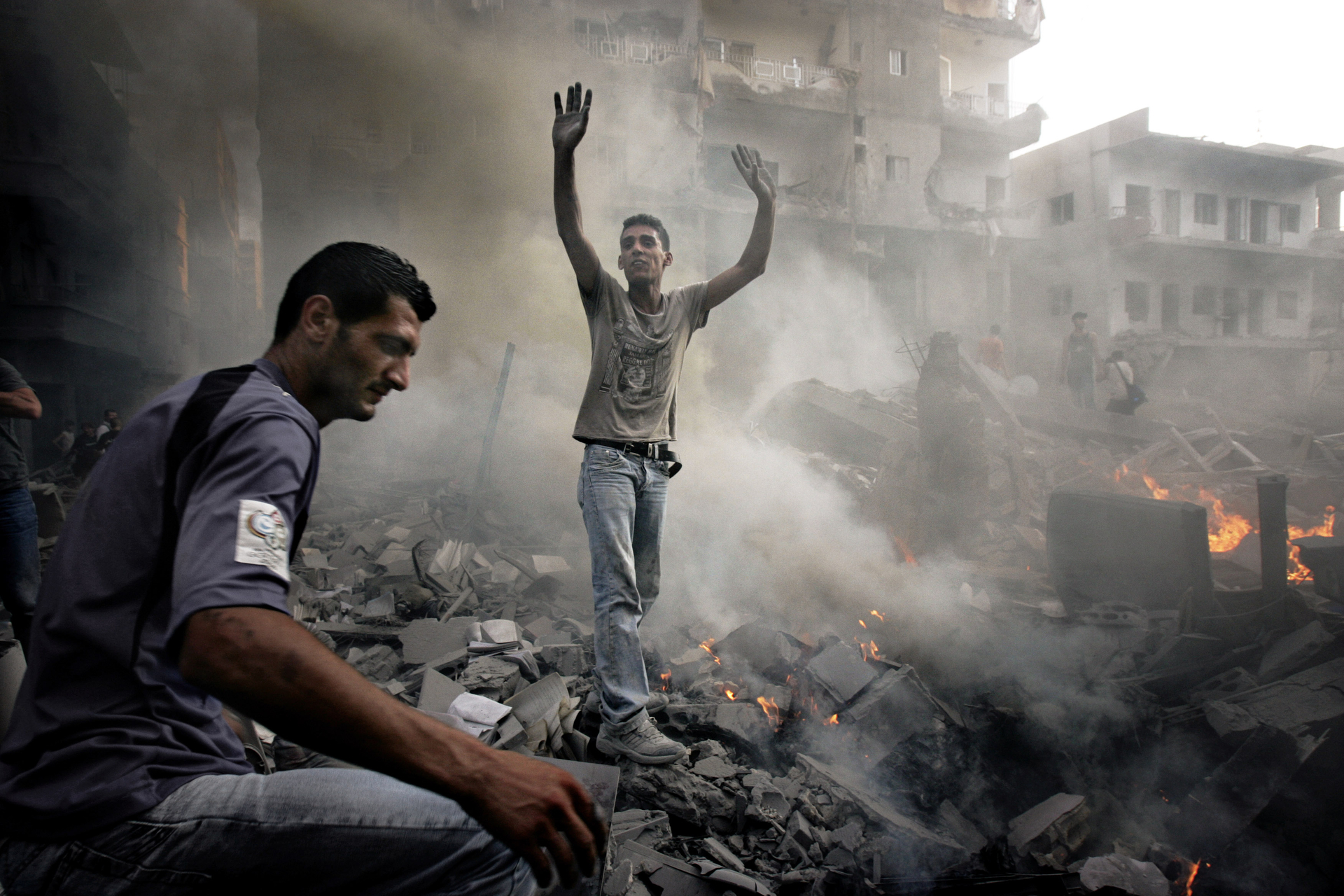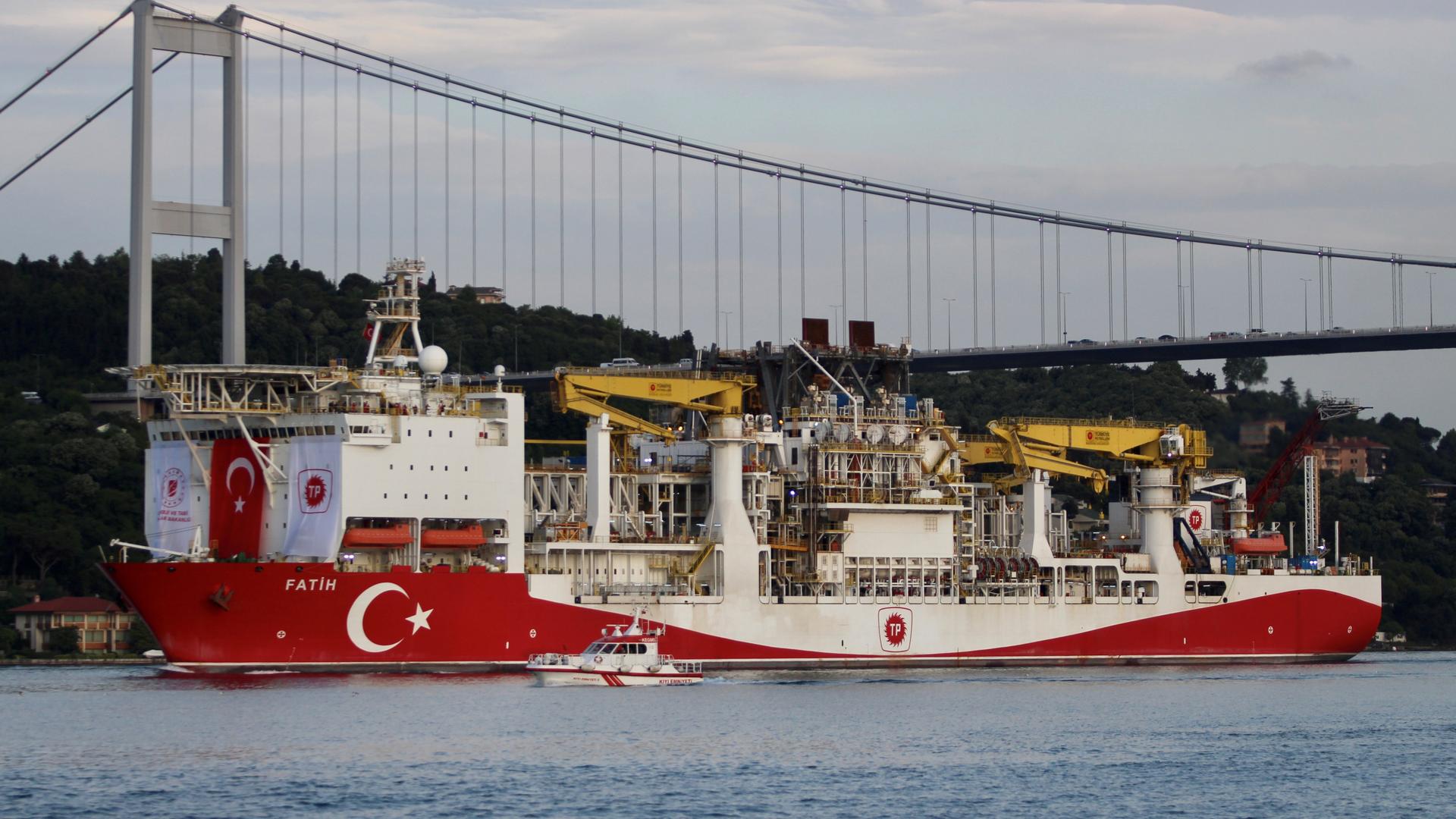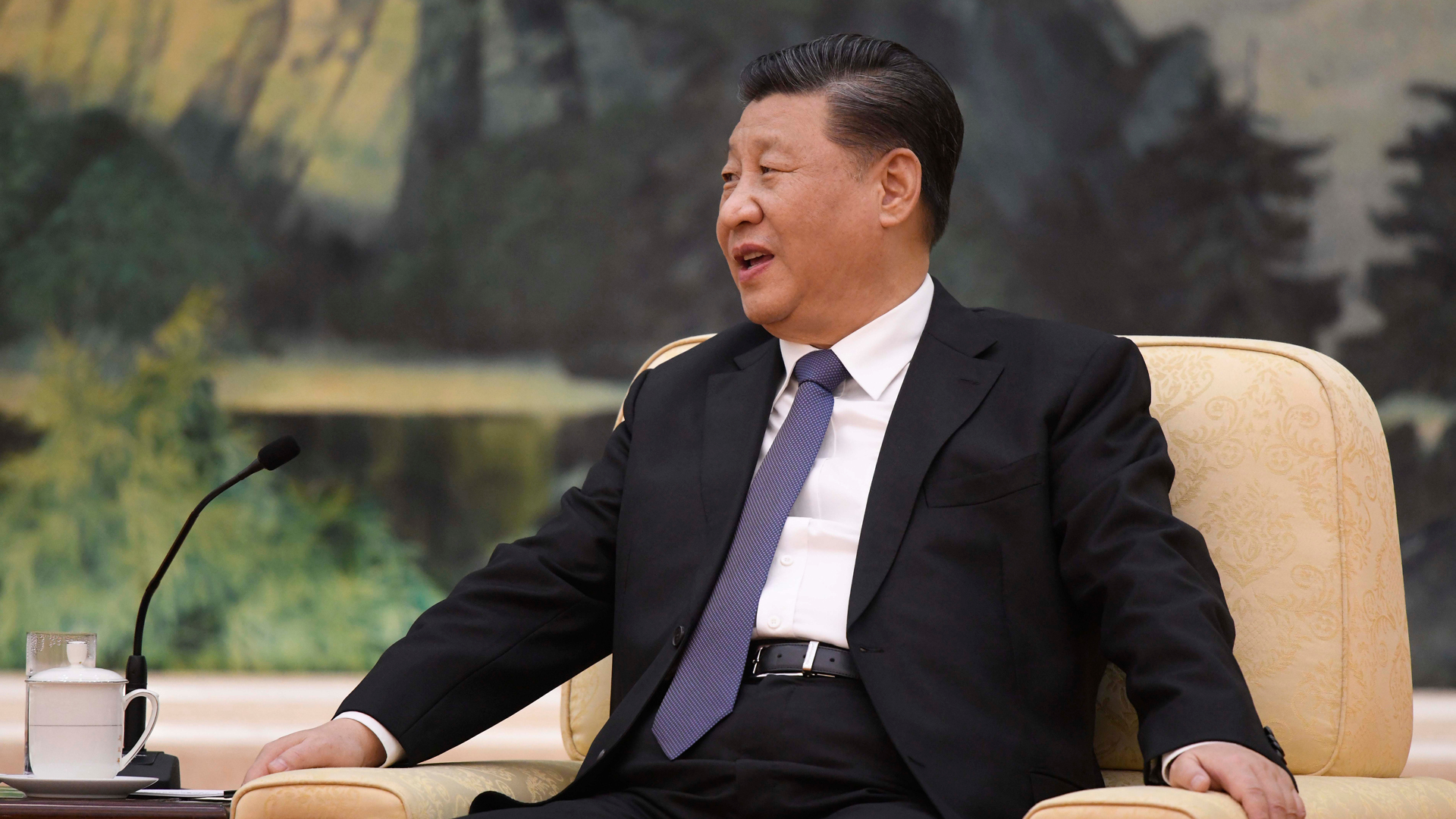Idlib region and its position for Turkey is very important. In order to understand this topic, first, we should learn some terms. To begin with, what is security? Basically, we can define security as freedom of fear and freedom of want. Also, past times, security was evaluated as military security but recent history, political, economic, societal, and environmental security are added. According to Waever, security refers to the presence of a security threat and the situation in which some measures have been taken against it. Moreover, insecurity means that a situation where there is a security problem but sufficient precaution is not taken or the answer is not given. Now, we can examine securitization. The theory of securitization consists in constructive theory, and the most important thing in this theory is the speech act. Securitization practice can be defined as adding an issue to the security agenda by policy makers and legitimizing the extraordinary political operations that take shape in line with this discourse.[1] This concept also exemplifies below. Lastly, non-securitization means that the issues are removed from the ‘urgency’ and state carried to the normal negotiations process in the political field.
All over the world, states are bounded with each other in terms of regional security. States try to get along well with their neighbors because if they go to the policy of securitization their problems with them, they face more immigration problems, border problems or minority problems, which causes serious harm to their internal policy. Therefore, states should use the regional security complex in a beneficial way and follow a policy accordingly.[2] Also, the definition of threat was changed in time. States that followed the expansionist regime were perceived as threats before. However, today, the states which have nuclear weapons, support terrorist groups, increase environmental pollution, are accepted as threats in the international area.[3]
Protests against the Syrian Government began on 15 March 2011 and spread all country in April 2011. Syrian Army tried to stop these protests but it turned into armed conflict very soon. Recently, Syria’s Idlib region have been one of the most strategic locations for regime powers, Russia, and also for Turkey. ‘Idlib is the key for ending the chaos and terror’ said Esad during his visit to Idlib. But what makes Idlib so important? Idlib shares 130 kilometers of its borderline with Turkey. So as the attacks increase and things get even worse, Turkey has been the only place for Syrian refugees. Moreover, there are some moderate opposition organizations here. Some are getting the support of Turkey. Syrian Government increased its attacks after the last months of 2019 with the support of Russia.


The Syrian Civil War affected Turkey negatively in many ways. Additionally, Turkey tried to solve this issue in diplomatic ways but negotiations with Esad did not give results. While protests are causing more violence, at the same time Turkey’s security problems also increase. These problems are;
- security of borderline,
- refugee crisis,
- economic difficulties,
- problem of terrorism,
- increasing importance of homeland security.
Firstly, we analyze the security of borderline because it is one of the most essential issues for Turkey’s security. Some regions which are close to Turkey are danger to Turkey’s cities. Some terrorist groups attack Turkey’s cities behind the borderline. Also, Turkish-Syrian border is too long for effective control. This also makes things difficult. Moreover, Turkey carries out the policy of open door because of humanitarian reasons. Migrations are happening very fast and controlling refugees becomes harder. Finally, this causes the refugee crisis.
The refugee crisis is a universal problem. Its effects begin in the region but after it spreads all over the world. According to Antonio Guterres, who was the High Commissioner of the United Nations Refugee Committee, Syrian Refugee Crisis is the worst crisis in the world after the 1994 Rwandan Refugee Crisis.[4] European states did not give enough support to Turkey, and Turkey’s burden increases day by day. The latest data, which comes from Refugees Organization Turkey[5], as of March 19, 2020, there are 3 million 758 thousand 779 Syrian refugees in Turkey. 1 million 657 thousand 936 (46.61%) of these people are children between the ages of 0-18. Because of these numbers, the extent of the crisis changes. Refugees who tried to pass European borders with illegal ways, meet with difficulties in the Mediterranean Sea and the Aegean Sea. In addition to the humanitarian aspect, the picture still looks bad, considering it as an internal issue. The language, culture, and lifestyle differences of Syrian refugees with Turkish people are creating social cohesion difficulties. Spreading child labour, increasing urbanization, problems have the potential to increase social polarization in the long term.[6]


Another issue which is a threat to the Turkey’s security is economic difficulties. Lots of things affected Turkey’s economy. To begin with, defense expenses increased. Also, differences of interest have also affected markets, and from time to time there have been problems with large markets such as Russia and Iran. Besides, confidence in Turkey has decreased and this has deeply affected the tourism sector. In addition, spending on Syrian immigrants damaged the economy as well.
Terrorism is a vital issue in terms of security. Terrorist groups in the Syria region are one of the biggest threats for Turkey. Since was founded, ISIS is organizing attacks on Turkey. Especially these attacks increased gradually in 2016. Sultanahmet Attack against German tourists, attack on Istiklal Street, attack on the Gaziantep Police, attack on Atatürk Airport are some of these actions.[7] Also, ISIS is a great menace in terms of homeland security because it tries to gather members within our borders.
Homeland security is strictly bounded with terrorism. There is constant mobility among terrorist organizations. That is why terrorists outside and threats inside are inseparable. PKK is an important threat as well as the ISIS. PKK fight with PYD/YPG against ISIS and it caused that PKK got support from outside implicitly. The PKK used this support to organize attacks within our borders.


Turkey has taken steps to resolve these issues in two different areas. We can separate them as diplomatic ways and military operations. Firstly, we will analyze diplomatic ways. Astana Summit, which Turkey, Iran, and Russia were guarantor states, first met on 23 February 2017 in Astana for ending the Syrian Civil War. They met eight times in 2017. In these meetings, parties agreed that this conflict can not solve with war, this problem can solve only political ways. Besides, in these meetings, they reach an agreement about the United Nations Security Council’s 2254th decision must apply by guarantor states. Additionally, guarantor states also agree to humanitarian assistance must deliver as soon as possible. Again, the United Nations Security Council’s 2165th decision supports it.[8] Moreover, guarantor states decided to create a conflict-free zone in various parts of the country. These parts were Idlib, West Aleppo Rural, North Hama Rural, and Latakia. Also, the soldiers of these guarantor states are going to watch over the borders of the safe zone. Guarantor states will form observation points in these zones. Observers force’s mission is to keep stable the ceasefire. Nevertheless, these decisions could not be implemented by the parties. Ceasefire constantly violated. While the tension was increasing between the parties, the Sochi Agreement was made on 17 September 2018. Erdogan and Putin discuss Syria’s condition for almost six hours. According to the agreement, both sides accepted Syria’s territorial integrity and also both sides confirmed the Adana Agreement‘s importance. Within this framework, the settled status quo will be maintained in the existing Peace Spring Operation area, 32 km deep, including Tel Abyad and Ras Al Ayn. Moreover, all YPG elements from Münbiç and Tel Rıfat will be removed with their weapons. One other important decision was the Turkey-Russia joint patrol. However, Sochi Agreement also failed. The ceasefire has never been fully implemented. Additionally, Erdogan said: “There is a violation in Sochi Agreement and this violation happens step by step” he explained.[9]


Turkey tried to solve this issue in diplomatic ways but sometimes it remained incapable. At that time, military operations began. Until this time, Turkey organized 3 big military operations. These are; Operation Euphrates Shield, Operation Olive Branch and last but definitely not least Operation Peace Spring. These operations also are very good examples for the state in the securitization process. The purposes of Operation Euphrates Shield are; to remove terrorist groups which are a threat to homeland and border security, secure the Syrian refugees and create a safe-zone. Secondly, Turkey started Operation Olive Branch. The purposes of Operation Olive Branch are; ensuring security stability in the region, disarming terrorists who belonging to PKK / PYD-YPG and ISIS in the Afrin region. Moreover, Turkey’s last operation was Peace Spring. This operation included some important details. For example, some decisions of the Sochi Agreement contain Operation Peace Spring.
Herewith, we can say that military operations are not enough to solve the problems, in addition to them, we should try to solve the problems in diplomatic ways. The Syrian Civil War has been going on for years. In order to solve this issue, every county must give up on their interests.
[1] Hisarlıoğlu, Fulya, “Güvenlikleştirme”, Güvenlik Yazıları Serisi, No.24, Ekim 2019, p.5.
[2] Mehmet Ali, Ak, Kopenhag Okulu ve Güvenlikleştirme Teorisi, Uludağ Üniversitesi, p.14
[3] Muharrem, Aksu, Yeni Tehditler, Güvenliğin Genişleme Boyutları ve İnsani Güvenlik, Uluslararası Alanya İşletme Fakültesi Dergisi, 2012, p.73
[4] Suna Gülfer, Ihlamur Öner, Türkiye’nin Suriyeli Mültecilere Yönelik Politikası, Ortadoğu Analiz, p.42.
[5] https://multeciler.org.tr/turkiyedeki-suriyeli-sayisi/
[6] Emre, Ozan, Suriye İç Savaşı ve Türkiye’nin Değişen Güvenlik Gündemi, ANKASAM, Ankara, 2017, p. 27.
[7] Emre, Ozan, Suriye İç Savaşı ve Türkiye’nin Değişen Güvenlik Gündemi, ANKASAM, Ankara, 2017, p. 28.
[8] Tuğba, Öztürk, Astana Görüşmeleri, https://140journos.com/astana-g%C3%B6r%C3%BC%C5%9Fmeleri-suriyede-ate%C5%9Fkesin-denetimi-i%C3%A7in-3l%C3%BC-mekanizma-kuruldu-ecbc8d1577c , 25 Nisan 2020.
[9] Nebi, Miş, İdlib’de Bugüne Nasıl Gelindi?,https://www.setav.org/idlibde-bugune-nasil-gelindi/, 25 Nisan 2020.


